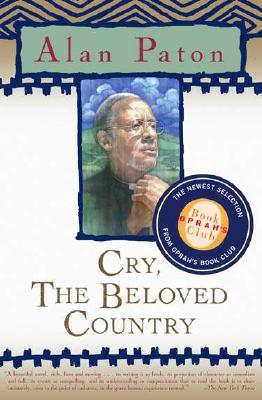
The following is excerpt from an excellent review of the book listed in the post title. Dealing with the subject of homosexuality and the church, the author follows the status quo in some areas and challenges popular notions in others. One area that I found intriguing and potentially makes the book worth the read is where the author allegedly states that heterosexual marriage has more to fear from itself than the harm that homosexual unions can bring. I agree totally with this synopsis. I think I am going to read the book myself. This excerpt comes from a blog that I find extremely good entitled, The Beautiful Heresy- Christian Universalism.
The last chapter that I read addresses the idea of homosexuality and marriage. Professor Rogers shows statistically speaking that, while marriage is in trouble in the United States, it doesn't need defense from homosexual marriage which does not threaten heterosexual marriage at all. He also points out the hypocrisy of putting homosexuals in the bind of saying that all sex outside of the institution of marriage is sin while denying them the right to marry. We are assigning homosexuals to a life of celibacy, a life that the Bible clearly states is not for everyone and is an assignment from God.
I see more and more Christians who are willing to at least debate gay rights now. Both civil rights and how homosexuals should be treated in the church is up for discussion. A while ago Brian McClaren called for a five year time out to think about the topic. But, while I like the fact that he is not advocating continued discrimination, by doing nothing, we are condemning gay people to continue to suffer from this discrimination. We should never hesitate when it comes to seeking justice. Justice delayed is justice denied. The time is always now. Hopefully, books like this one will move some people off of the sidelines and into the arena to fight for justice.
http://www.thebeautifulheresy.com/2009/01/jesus-bible-and-homosexuality-explode.html



